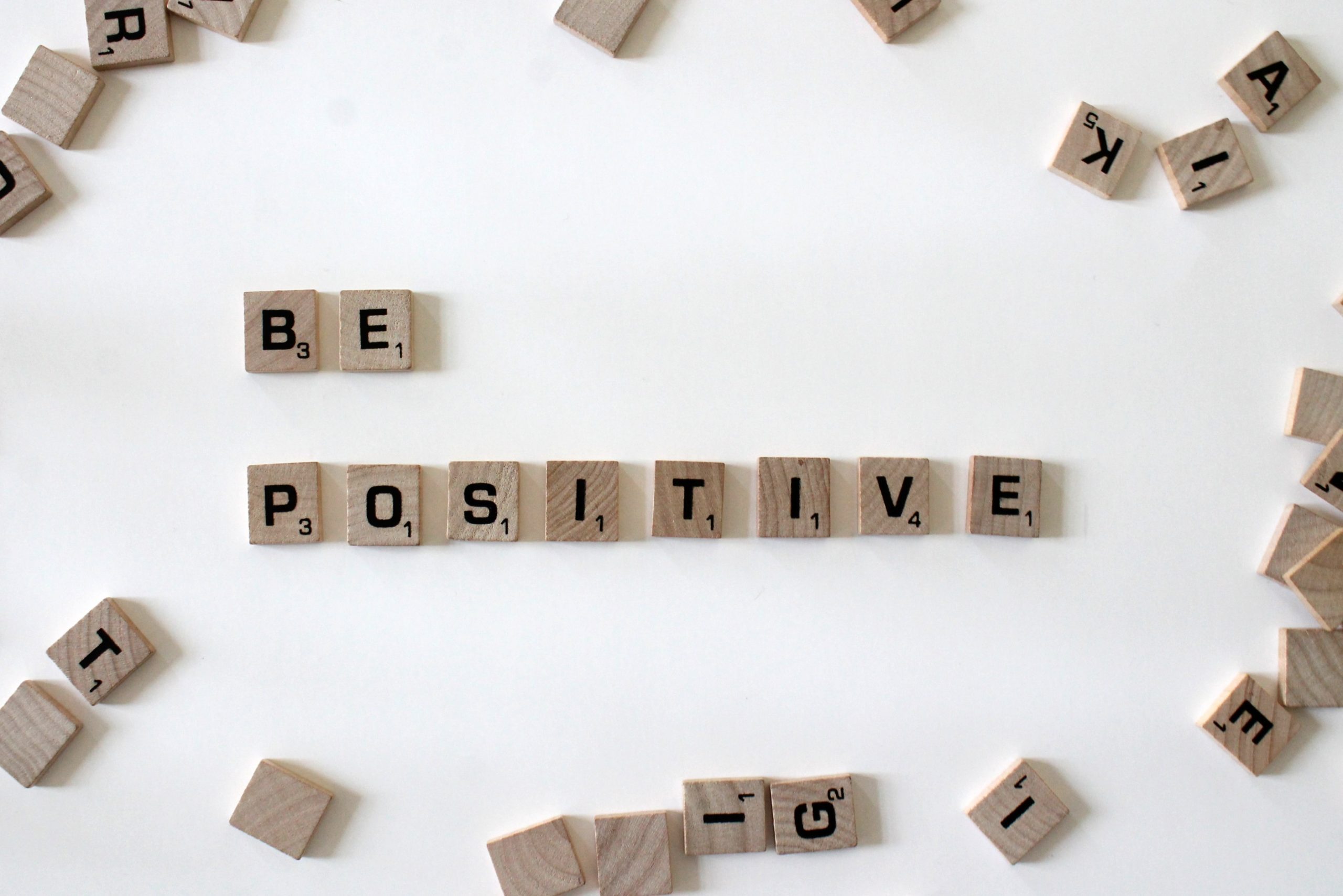As the semester comes to a close, students are faced with an onslaught of stress and anxiety from educational responsibilities such as deadlines and the ever-impending final examinations. It’s easy to get caught up in it all and neglect the necessary self-care for good mental health.
All too often, though, whether at work or in the classroom, students are encouraged to just keep a positive attitude and not let themselves feel bad about anything that’s happening. This sentiment might come from a good place, but just like anything else, too much of a good thing can end up being bad for anyone.
Toxic positivity, despite the contradictory nature of the term, can be insidious and hard to spot. It’s always good to consistently cultivate an optimistic outlook on life but not to the point of being in denial of the reality of what might be negatively affecting you.
Toxic positivity is when you are compelled to feel excessively optimistic about everything — whether you actually feel that way or don’t. It’s the pressure to keep “good vibes only” to avoid spreading any kind of negativity to the people around you. No one wants to be accused of having bad energy or being a complete downer. However, while optimism can be helpful in the moment, it really is just a band-aid used to try and cover a larger underlying problem.
This positive mindset has been increasingly ingrained in Western culture over the years with the onset of the philosophy that “your thoughts become things,” where thinking any type of negative thought will guarantee you’ll only attract bad things into your life. Social media is also a constant reminder of everyone else’s “highlight reel,” which creates a lot of pressure to force yourself to compete with others.
It can be hard to tell when positivity starts to become toxic, but signs can include:
- Repressing genuine emotions
- Avoiding any kind of conflict
- Believing some emotions are inherently “bad,” such as anger or sadness
- Minimizing experiences you or someone else goes through — “It’s not a big deal”
- Attempting to cope with stressful situations using feel-good statements like “just think positive”
Life consists of a whole spectrum of emotions, however, and it’s practically impossible to pick and choose what emotions you want to feel. Attempting to ignore or push aside uncomfortable feelings will only make the problem worse. Oftentimes, people will resort to unhealthy coping mechanisms such as substance abuse in order to avoid confronting the actual issue. Pretending everything is okay when it’s not can also lead to issues with cognitive dissonance.
It might be hard to believe, but “negative” emotions do have a place in our lives and can even be a useful tool when considered mindfully. Just like when your body sends a pain signal to your brain if you sprain an ankle, negative emotions send signals to you if you feel uncomfortable, unsafe or unfairly treated in certain situations. The negative emotions are meant to motivate you to make changes to improve your situation.
What usually matters is how you decide to respond to the emotion you’re feeling as opposed to simply reacting. If you feel like your professor graded you unfairly on an assignment, for example, it might help to respond by going to their office hours to discuss the grade instead of reacting in frustration and not taking any useful action. Letting negative emotions simmer or reacting poorly to a situation will most likely make things worse.
There are many resources online that can help you to cope with negative feelings in a healthier way whenever they may arise. Pfizer has an article on its website containing a few steps you can take whenever you find yourself in a negative state of mind.
The main steps listed on the site are:
- Know you’re in control
- Recognize when you feel triggered
- Identify what is triggering you
- Decide what action you’ll take and make it happen
Talking with a professional counselor or someone you trust can also greatly alleviate some of the frustration you might feel and give an objective perspective on the situation. Taking steps to deal with negative emotions could include taking up creative outlets like art or journaling or taking up sports to get your body moving.
Mastering your own emotions is a great step toward better mental health, but you still might come across others who are seemingly intent on enforcing their own toxic positivity on you. It can feel like you’re walking on eggshells around them to avoid saying anything that can be misconstrued as negative. It’s also extremely difficult to connect with them on a deeper level if you don’t feel welcome enough to be yourself around them. It may feel like they are dismissive if you try to reach out to them with something that’s bothering you and are essentially told to grin and bear it.
First of all, it’s important to validate your own feelings. You have a right to feel the way you do just like anyone else does. If you feel like your feelings are getting dismissed by others, it’s crucial not to take it too personally. People will sometimes project their own fears and negativity onto you, which reflects more on them rather than yourself.
Next, you’ll need to set boundaries for yourself and assertively enforce them. Calmly stating to the other person how their dismissiveness makes you feel can make them aware they were unintentionally hurting you and allow them to make their own changes. If, however, they disagree and continue to treat you the same way, you’ll need to enforce your boundaries by creating a safe space for yourself.
Unfortunately, this can mean limiting your contact with them. However, continuing to spend a lot of time around them will most likely hurt your self-esteem in the long run since they will be unlikely to change and will keep pressuring you to act in a way that is not true to you.
It’s not an easy process, but learning to tune in to both positive and negative emotions will greatly benefit you throughout your college career and in the long run. If you go through a situation that makes you feel bad, get curious about why that is. Sometimes, the answer is actually simple but seems a lot bigger in your mind. Always remember you have more control over your circumstances than you might think.

















